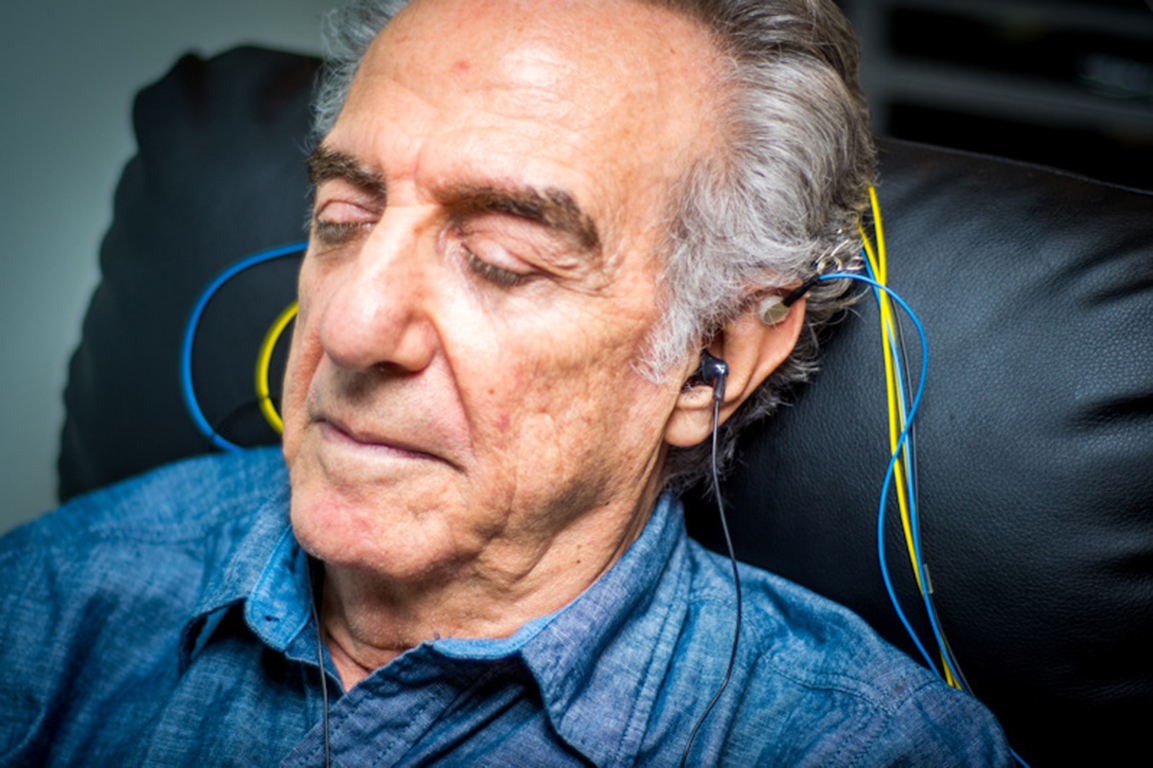Does Fibromyalgia Cause Insomnia?
Neuroimaging research reveals a fascinating paradox: the brain patterns of fibromyalgia patients mirror those of chronic insomniacs with startling precision. This observation launches us into a compelling scientific mystery—are we looking at the cause of fibromyalgia or its consequence? The answer might revolutionize our approach to both conditions.
The Brain Under Attack
Advanced brain imaging studies expose how fibromyalgia alters neural architecture. The condition creates distinct patterns of hyperactivation in pain-processing regions while disrupting the brain’s natural sleep regulatory systems. These changes manifest in:
Central Pain Amplification
The thalamus and somatosensory cortex—regions responsible for processing pain signals—show heightened activity patterns in fibromyalgia patients. This hyperactivation creates a feedback loop in which standard sensory input is misinterpreted as pain.
Neurotransmitter Disruption Research reveals significant alterations in key neurotransmitters:
- Reduced serotonin levels affecting sleep initiation
- Disrupted dopamine function impacting pain perception
- Elevated substance P levels increase pain sensitivity
Sleep Architecture Collapse
The natural progression of sleep stages becomes fragmented, with:
- Reduced deep sleep episodes
- Frequent nocturnal awakenings
- Alpha wave intrusion during delta sleep
Challenging Traditional Understanding
Recent research presents a compelling counter-narrative: what if chronic sleep disruption precedes and potentially causes autoimmune conditions? This perspective gains support from emerging studies showing how prolonged sleep deprivation creates:
- Systemic inflammation markers
- Immune system dysregulation
- Heightened pain sensitivity
- Cognitive processing changes
Akiko Iwasaki, PhD, Sterling Professor of Immunobiology at Havard Medical School, explains: “We’re seeing strong evidence that chronic sleep disruption may trigger autoimmune conditions. The relationship appears bidirectional, creating a complex cycle of cause and effect.”
The Sleep Recovery Solution
The Sleep Recovery Program approaches this challenge through a sophisticated protocol that addresses sleep architecture and autoimmune function. This integrated approach includes:
Neurological Rehabilitation
- Customized neurofeedback protocols
- Brain wave pattern normalization
- Pain processing regulation
- Sleep architecture restoration
Immune System Support
- Inflammation reduction strategies
- Circadian rhythm optimization
- Stress response management
- Autonomic nervous system balance
Success Stories: Breaking the Cycle
Sarah’s Journey: From Despair to Hope
At 42, Sarah had lived with fibromyalgia for eight years when she discovered the Sleep Recovery Program. “I’d tried everything—medications, physical therapy, dietary changes. Nothing provided lasting relief. Within six weeks of starting the program, I experienced my first full night’s sleep in years. The pain didn’t disappear immediately, but it became manageable. A year later, my rheumatologist was amazed by my progress.”
Michael’s Transformation
A former athlete, Michael watched his active lifestyle disappear under the weight of chronic fatigue syndrome. “The program helped me understand how poor sleep had contributed to my condition. As my sleep improved, my energy gradually returned. I’m not running marathons yet, but I’m back to regular exercise and living a full life.”
Linda’s Recovery
“After fifteen years with fibromyalgia, I’d accepted that pain and exhaustion were my new normal,” Linda shares. “The Sleep Recovery Program showed me otherwise. By addressing my sleep first, other symptoms began improving. It wasn’t an overnight miracle, but the first treatment gave me sustainable results.”
Dr. James’s Perspective
As a physician and former fibromyalgia patient, Dr. James offers unique insight: “The program’s approach aligns with emerging research about the role of sleep in autoimmune function. My personal experience validates the science—addressing sleep disruption proved crucial to my recovery.”
Frequently Asked Questions
How long before I see results?
Most participants notice initial sleep improvements within 3-4 weeks. Changes in pain levels and autoimmune symptoms typically begin emerging between weeks 6-8, with continued improvement over six months.
Can I continue my current medications?
Yes. The program works compatibly with most medications. Your medical team will help monitor and adjust treatments as your sleep and symptoms improve.
What if I’ve had fibromyalgia for years? Long-term conditions respond well to the program, though progress may be more gradual. Success stories include individuals who’ve lived with fibromyalgia for decades.
How does neurofeedback help with pain?
By normalizing brain wave patterns associated with sleep and pain processing, neurofeedback helps break the cycle of central sensitization that amplifies pain signals.
Is improvement sustainable?
Research shows that 82% of program graduates maintain improvements two years post-treatment. Ongoing support and maintenance sessions are available if needed.
Will insurance cover treatment?
Coverage varies by provider. Our team works with insurance companies and offers flexible payment options to make treatment accessible.
The Path Forward
Understanding the intricate relationship between sleep and autoimmune function opens new possibilities for healing. Whether fibromyalgia causes insomnia or vice versa becomes less important than recognizing their interconnected nature and addressing both systematically.
The Sleep Recovery Program represents more than just another treatment option—it offers a pathway to understanding and addressing these conditions at their root. For those struggling with fibromyalgia, chronic fatigue, or other autoimmune conditions, this approach provides hope grounded in science and validated by experience.
Remember, your journey with chronic illness doesn’t define your future. As we continue to understand the crucial role of sleep in immune function and pain processing, new doors to recovery open. Whether you’re newly diagnosed or have lived with these conditions for years, the possibility of improvement remains real and achievable.
Through careful attention to the science of sleep and the human experience of chronic illness, we can work together toward lasting recovery. Your path to better sleep and health begins with understanding these connections and taking that first step toward comprehensive healing.
References:
- The association between pain and sleep in fibromyalgia. https://pmc.ncbi.nlm.nih.gov/articles/PMC5447206/#:~:text=According%20to%20the%20results%2C%20increased,sleep%20in%20patients%20with%20fibromyalgia.
- Sleep Disturbances in Fibromyalgia Syndrome: Relationship to Pain and Depression. https://pmc.ncbi.nlm.nih.gov/articles/PMC3691959/
-
Sleep in Fibromyalgia Patients: Subjective and Objective Findings. https://www.sciencedirect.com/science/article/abs/pii/S0002962915403544
- Poor sleep is tied to widespread pain and fibromyalgia. https://www.medicalnewstoday.com/articles/272920
-
Effects of Neurofeedback on Fibromyalgia: A Randomized Controlled Trial. https://pubmed.ncbi.nlm.nih.gov/33579615/


